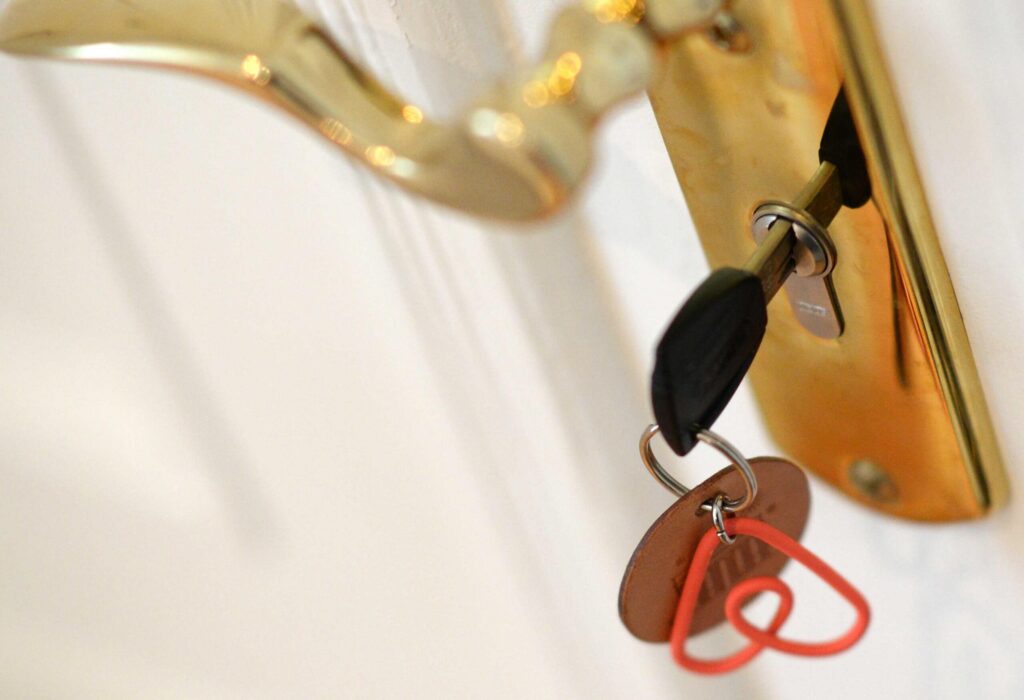
Host Suspended or Banned From Airbnb – What to Do
No one wants to have their host account suspended or banned from Airbnb. It can occur at any time if you break certain rules, even unknowingly, and it can be difficult to be reinstated after that. Sometimes, hosts are unaware of why their account has been temporarily or permanently banned. In most cases, it’s simply due to the fine print in Airbnb’s Terms of Service that, let’s face it, we often fail to read.
After five years and 1000+ positive reviews across multiple properties, one of our valued hosts on our Facebook Group shared with us his recent ban from the platform. His ban was completely random and unexpected. In the blink of an eye, his well-established Airbnb business was no more. This is not the first, and definitely won’t be the last, case of its kind. So let’s take a look at some of the reasons why Airbnb enacts bans, how to deal with it, and some ways to help you move on.
Why Does Airbnb Ban or Suspend Hosts?
Airbnb has a process by which they randomly review host accounts. If they come upon a listing they feel isn’t up to their standard of quality, they will temporarily suspend the account. Examples of grounds for suspension include: maintaining a low overall rating, slow response time, too few accepted reservations, or too many cancellations. After the suspension is over, your account will be monitored to see if you are improving on meeting their criteria. If you do not, the company could suspend your account again, or you could be banned from Airbnb permanently.
Upon account closure, you will be unable to access any listings or features on the platform. However, you will be able to use Airbnb as a guest and host experiences or view your transaction history. No one (except you) will know your account is closed.
Main Violations
The reason Airbnb would close an account is generally to ensure guests have a positive experience and maintain quality control. That being said, they could also ban your account for the following three reasons:
- Multiple account or listing suspensions
- Are in the bottom 1% of overall ratings by guests (Airbnb will give you a chance to improve)
- You’ve infringed on Airbnb’s Terms of Service
If you are banned, you can still host any guests that are planning to arrive within that week. For any guests set to arrive later than a week, their reservation will be canceled, and Airbnb will find an alternative property for those guests.
These reasons seem pretty straightforward; however, some bans take hosts and guests by surprise. If you do think the ban is unreasonable, you may choose to appeal the decision. But beware, as Airbnb moderators don’t change their minds easily.
Top 5 “Don’ts” to Avoid a Banned Account
- Don’t Ignore Your Messages – You should try to reply to any guest messages within 24 hours. It can help to have an auto-reply set up in account through the messaging service if you’ll be unavailable for a few days. That way, guests know you’ve received their message and know to wait for further communication. When you don’t respond, guests feel ignored and frustrated.
- Don’t Let Your Ratings Drop – When you get bad ratings, don’t ignore them. They won’t “go away” on their own. When you get a negative review, start acting quickly to make it better so other guests won’t have a negative experience. Take guest feedback seriously, so potential guests who see you actively responding with corrections will have a more positive impression.
- Don’t Cancel Often – Emergencies happen and sometimes you have no choice but to cancel. But don’t let it become a habit. When you cancel too often, your listing becomes unreliable on the platform. Have a backup plan for when emergencies come up or you can’t be there in person (like smart key storage with spare keys).
- Don’t Let Your Account Go Dormant – If guests are requesting a stay at your rental often, but you’re not accepting, that can be a big red flag for the platform. Make sure you’re actively checking your account and accepting requests. If you’re not able to host guests for a bit, make a plan or update availability.
- Don’t Forget the Essential Supplies – There are some things you should be providing for your guests. Don’t skimp on the toilet paper! If you’re not offering the basics in your Airbnb, start now. Your guests need to know they have a reliable place to stay that meets their basic needs.
What to Do if You Have Been Banned?
If Airbnb has banned or suspended you as a host, don’t stress. The first thing you should do is submit a formal appeal and review form. Then, even if they reject your appeal or it takes an extended period, there are other ways to keep your property’s income rolling. Airbnb is only one of several home-sharing platforms, so this could be an opportunity to promote your listing elsewhere. Booking.com, VRBO, Houfy, and Flipkey are just a few sites where you can list your property.
Many of our followers who host suggest that you don’t stay bogged down by the ban. Even if your property is doing really well, it’s Airbnb’s loss that your property is no longer on their platform. Look for other websites to utilize, such as the ones mentioned above, and simply move on. With all this in mind, it might be worth appealing the decision, but don’t agonize after a final decision has been made. Unless you think a major mix-up is at play or the issue that got you banned was “fixable,” a reversal in Airbnb’s original decision isn’t likely.
When Your Airbnb Account is Shut Down For Good
Once the platform has suspended your account for the first time, act promptly and get those ratings and reservations up. If your host account gets banned going forward, double-check with Airbnb to make sure it wasn’t a mistake. If not, then look for other platforms to share your property on. Many websites are out there just waiting for you to upload some photos, your nightly rate, and a short description. Don’t give up—follow the rules and keep listing where you can.
About the Author Jake Leavy
Jake Leavy has worked in the content industry for 8+ years. Travel writing has been his main focus, however, he also has luxury hotel management experience under his belt. He has traveled to over 50 countries and loves immersing himself into different cultures. Jake combines his passion for travel and hospitality experience to offer hosts tips and tricks to improve their business.
Related
5 Tips on Hosting a Kid-Friendly Airbnb
How To Start An Airbnb Business
How To Gain a Competitive Edge & Thrive in Your Evolving Vacation Rental Market
Elevate Your Vacation Rental with AI: A Quick Guide for Hosts
The Importance of Great Reviews for Your Short-Term Rental
Should You Allow Pets in Your Short-Term Rental? What You Need To Know To Decide
Are Themed Airbnbs Worth it?
Top Tips for Asking Airbnb Guests for Reviews
